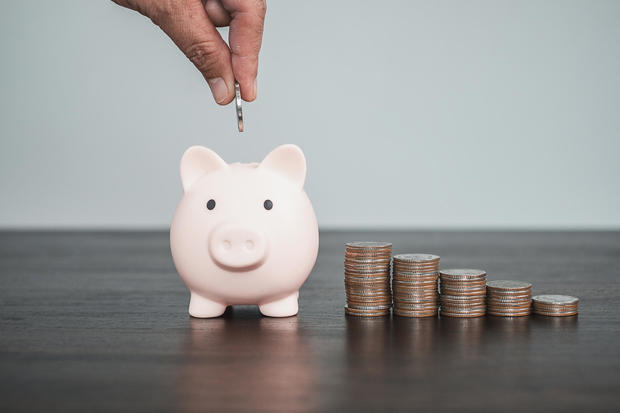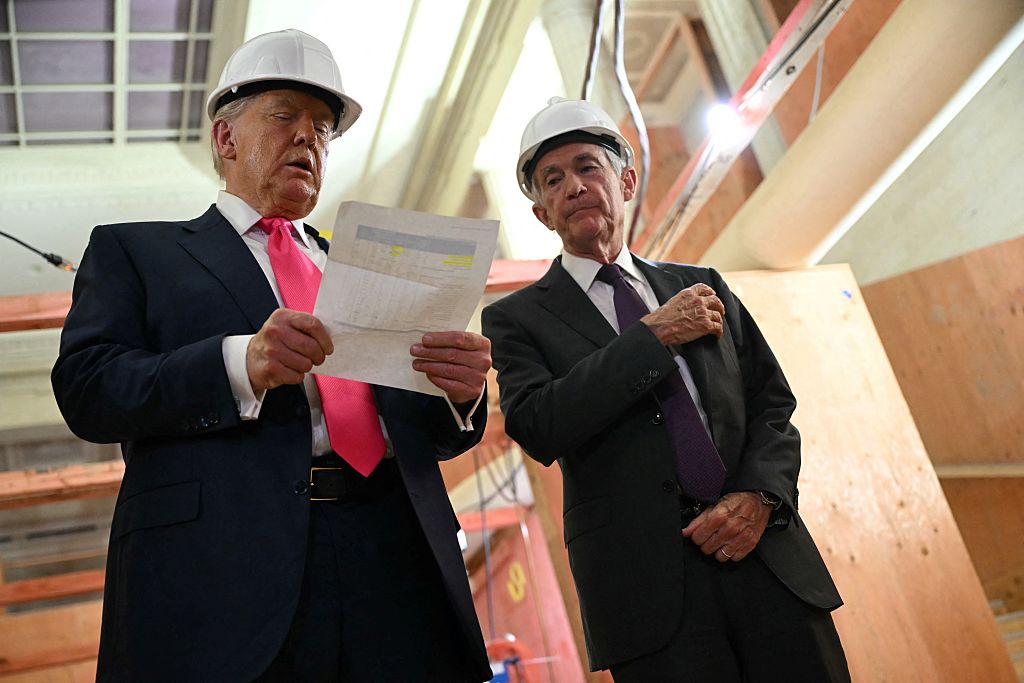How much money should I put into a CD?
Interest rates are high and the likelihood of them dropping anytime soon seems unlikely. The Fed's latest rate hike, made earlier this month, was the tenth increase since March 2022.
While this is not great news for potential homebuyers or current owners looking to refinance, it is a silver lining for those with money in deposit vehicles like high-yield savings and certificate of deposit (CD) accounts. Rates on both are exponentially higher than they have been in recent years, giving savers a rare opportunity to both grow and protect their money in an otherwise uneven economy.
That said, to get the most out of these accounts, it's helpful to first understand how much to deposit. While everyone's personal financial situation is different, there are some reliable ways for savers to determine the amount of money they should put into a CD.
Start by exploring CD rates now to see how much more you could be earning.
How much money should I put into a CD?
You will generally need to put a minimum deposit of money into a CD to open it. This is usually somewhere between $500 to $1,000, depending on the bank used. But is that enough? Or should you deposit more money, particularly when you can earn interest at a rate of 4% to 5% in today's economy?
Here are three things to consider when trying to determine how much money you should put into a CD.
Your access to the money
How much money can you comfortably part with by putting it into a CD? Remember, CD rates and your money are locked for the term you agree to when you make the deposit. If you need the money before the term expires you will have to forfeit some — or all — of the interest you earned to that point. So, before putting the money in, make sure you've budgeted accordingly. The amount of money you deposit may simply equal the amount of money you don't need right now.
If you don't feel comfortable locking the money away, then consider a high-yield savings account instead. High-yield savings accounts have similar interest rates as CDs but you'll still be able to make deposits and withdrawals as needed.
Check your high-yield savings options here now.
Your goals
What are you trying to achieve by opening a CD? Are you just looking to take advantage of the rate climate? Or have you purposely turned to a CD as a way to protect your money from an endless cycle of deposits and withdrawals? By knowing your goal in advance, you'll better be able to determine how much money to deposit.
For example, if the goal is to earn as much interest as quickly as possible then you may want to put more money into a short-term CD. More money in the account equates to more earned interest. But maybe you already have enough saved for a rainy day and just want to lock an exact amount away until you need it. In this case, it may make sense to make a minimal deposit and keep the rest of your money available for everyday use.
Only you know your goals and what you're comfortable with. Understand both before opening a CD.
Your emergency fund
Do you have an emergency fund that's ready to go in case you need it? In this case, feel free to put more money into a CD. A CD, after all, is not a great place to store your emergency fund since you never know when you'll need it. But if you already have that base covered with a high-yield savings account or some other account type, then you can freely deposit as much as you like with a CD. Conversely, if you don't have an emergency fund (or if you do and there's not much in it) you may be better off splitting the difference by putting some extra into the fund and some other portion into a short-term CD.
Explore your CD options here now to learn more.
The bottom line
CDs can offer depositors an effective way to secure and grow their money in a volatile economy. To maximize their account, however, it helps savers to narrow down the exact figure they're willing to deposit. They can do this by making a realistic review of how they will need to access their money (since they won't be able to tap into it early without a penalty). They should also understand their goals and the reason for opening the CD in the first place. Finally, they should take into account how much money they have saved for an emergency. If that amount is high then they can comfortably lock more money away in a CD. If not, however, then they will need to re-work their deposit amount.




